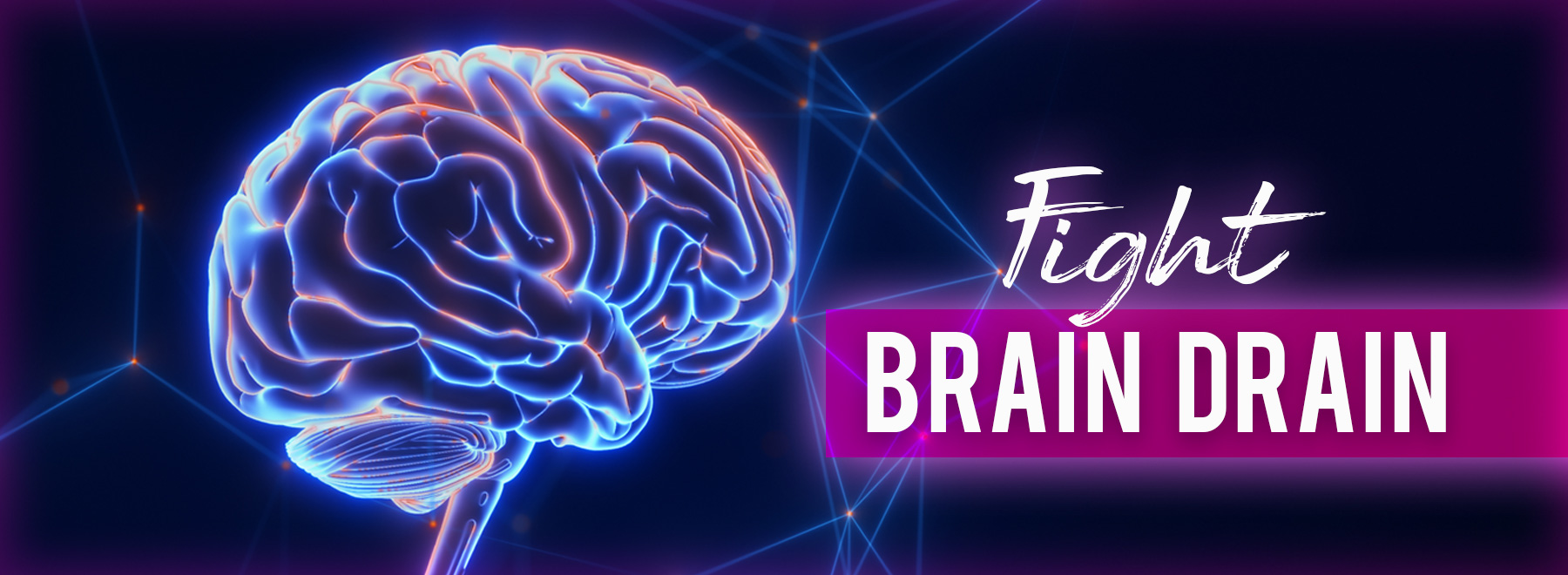Tips for improving cognition with technology
Forgetfulness is often brushed off as a normal part of aging, but experts say the brain is like any other organ—it can be strengthened, protected and even optimized with the right approach.
Dementia specialists at the University of Mississippi Medical Center are emphasizing a proactive mindset when it comes to brain health. With rates of Alzheimer’s disease and related dementias on the rise, particularly in the older population, preventative strategies are more important than ever.

“We now know that many of the same things that are good for your heart are also good for your brain,” said Dr. Thomas Mosley, Robbie and Dudley Hughes MIND Center chair and director of UMMC’s MIND Center. “That includes physical activity, good nutrition, social engagement and managing chronic conditions like diabetes and hypertension.”
The MIND Center, short for Memory Impairment and Neurodegenerative Dementia Research, has been at the forefront of large-scale studies that explore how lifestyle, genetics and health conditions influence cognitive decline. The findings are clear—while age and genetics do play a role, everyday habits and emerging technologies can significantly influence your cognitive resilience.
Move more
Regular aerobic exercise increases blood flow to the brain and supports the growth of new brain cells. Walking, swimming, cycling or dancing for just 30 minutes a day can improve memory and executive function. Wearable fitness trackers or smart watches can help monitor activity and keep you on track.
Feed your brain
A Mediterranean diet, rich in leafy greens, berries, nuts, olive oil, whole grains and fish has been linked to slower cognitive decline. Nutrition apps and smart kitchen devices can help track meals, encourage healthy choices and simplify meal prep.
Sleep soundly
Poor sleep is associated with the buildup of beta-amyloid plaques, a key indicator of Alzheimer’s disease. Adults should aim for seven to nine hours of quality sleep each night. Sleep apnea can severely impair an individual’s quality of sleep. Devices such as CPAP machines or Inspire, an implantable breathing stimulator for obstructive sleep apnea, can reduce sleep apnea episodes, provide feedback about sleep quality and promote healthier sleep cycles.
Stay connected
Social interaction stimulates brain regions involved in emotional regulation and memory. Whether it’s volunteering, joining a club or simply catching up with friends, connection matters. Technology makes it easier than ever: video calls, online support groups and even virtual reality social platforms can help older adults stay socially active, even from home.
Challenge your mind
Puzzles, reading, learning a new skill or language are a few activities that help form new neural pathways and maintain cognitive agility. Today, there are dozens of brain-training apps and digital games designed to target memory, logic and attention in fun, interactive ways—though the long-term effectiveness of them are still the subject of ongoing scientific research.
Prevent and treat hearing loss
Hearing loss is more than just an inconvenience. It can isolate individuals socially and strain cognitive resources. Through the ACHIEVE study, researchers demonstrated that addressing hearing loss in older adults, particularly those at elevated risk, can protect brain health and delay the onset of dementia-related symptoms.
Monitor your mind
Digital memory journals, mood trackers and cognitive assessment tools can help individuals and caregivers notice subtle changes in behavior or thinking. Early intervention is key, and technology can support long-term brain health monitoring.
Keep chronic conditions in check
Diabetes, high blood pressure and high cholesterol are known risk factors for dementia. Managing these with the help of your health care provider reduces your risk of cognitive decline. Telehealth visits and remote health monitoring devices make it easier to manage these conditions from home.
“You don’t need to make drastic changes overnight,” said Mosley. “Even small improvements in lifestyle, paired with the right tools, can have a measurable effect on brain health over time.”
UMMC patients can take advantage of memory screenings with geriatric and neurology specialists, as well as community events and educational webinars hosted by The MIND Center. While there’s no guaranteed way to prevent Alzheimer’s or other forms of dementia, building a strong foundation of healthy habits can delay symptoms and improve quality of life.
“It’s never too early, or too late, to start caring for your brain,” Mosley said.
— — —
To schedule an appointment with a dementia specialist, call (601) 496-MIND or to learn more about Caregiver Support Groups at The MIND Center, call (601) 984-5610.
The above article appears in CONSULT, UMMC’s monthly e-newsletter sharing news about cutting-edge clinical and health science education advances and innovative biomedical research at the Medical Center and giving you tips and suggestions on how you and the people you love can live a healthier life. Click here and enter your email address to receive CONSULT free of charge. You may cancel at any time.



